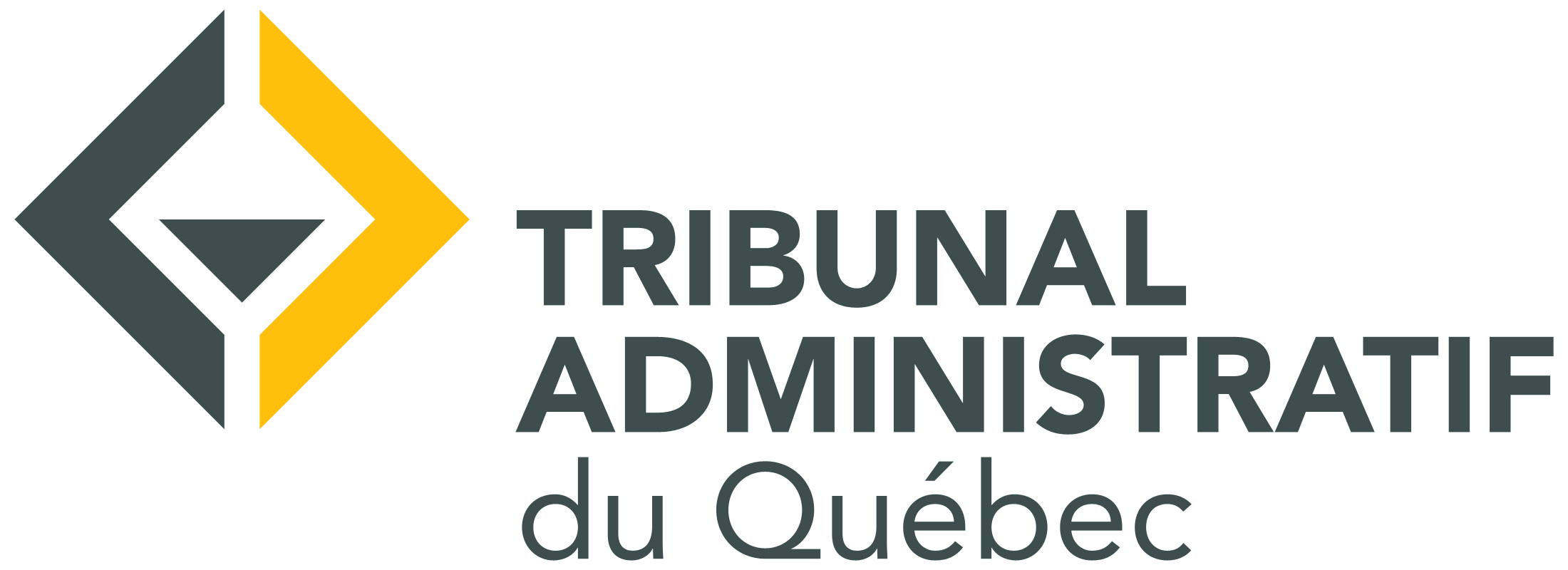To know about conciliation
Conciliation is a simple and efficient way to settle your proceeding without having to go through a hearing. It allows you to discuss and negotiate directly with the representative of a department, agency or municipality and reach an agreement.
What is conciliation?
Conciliation encourages dialog. It takes place in private, in the presence of an administrative judge who acts as a conciliator. Everything that is said or written down during the conciliation is confidential.
If conciliation fails, that is to say, if you cannot reach an agreement with the representative of the department, agency or municipality, you still have the possibility of going to hearing.
Who is the conciliator?
The conciliator is an administrative judge who has received training on conciliation and how it works. His or her role is to help you and the representative of a department, agency or municipality have a discussion and find solutions.
The conciliator does not give his or her opinion, nor does he or she make a decision on your proceeding. He or she is neutral and unbiased.
If conciliation fails and you decide to go to hearing, be aware that the administrative judge that acted as conciliator cannot be the judge at the hearing.
When should you go to conciliation?
If the Tribunal is of the opinion that your proceeding may be resolved through a conciliation session, it will invite you to participate. For certain types of proceedings, for example, in the area of income security, it may even be obligatory.
As well, you can make a request for conciliation by communicating with the Tribunal. Your request may be made at any time subsequent to the filing of your proceeding. The Tribunal will then find out whether the department, agency or municipality whose decision you are contesting agrees to participate.
What are the benefits?
Conciliation allows you to play an active role in resolving your case: in effect, it is not the conciliator who decides on a solution, but the people who participate in the conciliation.
It also gives you the opportunity to exchange certain information with the representative of the department, agency or municipality, to disclose or clarify certain facts and to express your point of view or your feelings. This discussion could allow you to view and appreciate the situation differently and could lead you to reach an agreement with the representative.
Even if you are unable to reach such an agreement, conciliation quite often will allow you to better understand the situation, to obtain more information, to better understand the rules which apply to your situation and, finally, to be better prepared for the hearing.
Is it confidential?
Yes. Nothing that is said or is written during a conciliation session can be revealed at a hearing before the Tribunal or any other tribunal or court of law. Please note that conciliation sessions are not recorded.
The law also provides that the conciliator cannot be obliged to disclose what has been said or presented during the conciliation session. No one can force him or her to disclose a document prepared or obtained in the context of conciliation.
If you and the representative of the department, agency or municipality arrive at an agreement, the details of this agreement are, in principle, not confidential.
